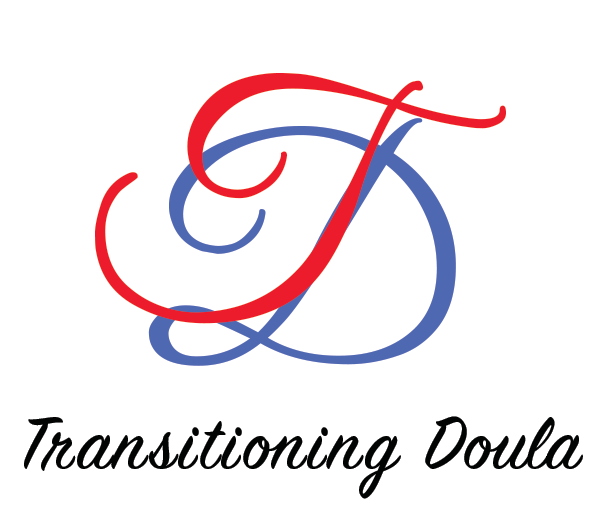Doula-Inspired Reflection on My Final Chapter
For most of my life, I was the planner—the one who overthought every detail. Yet this last chapter has unfolded in a way that reminds me: life happens. It simply… happened.
There were turning points: a divorce at 50, my only son diagnosed with Lupus and non Cancerous Lymphoma. My older daughter was diagnosed with Crohn's disease. No romantic partner appeared to fill the space left behind. No in-laws from any of my 3 children and 1 granddaughter to weave new threads into the family fabric. Two siblings, yet I’ve chosen solitude rather than leaning on them.
Over four decades, I moved through many work settings and 10 addresses, guided by mantras like “Run fast and break things” and “I don’t come to work to make friends.” That path set the stage for life in the solo-ager lane.
Now, as I look toward the final exit, my planning takes on a different shape—one rooted in clarity and peace. Here are the choices I’ve made:
- Home: A room I rent from my eldest foster son. Here, I feel safe and seen—no small gift in today’s world.
- Preparedness: I’ve arranged for my body to be donated to Robert Wood Medical Rutger Medical School leaving little for my children to worry about.
- Self-care: I live gently with myself—walking 4-5 hours a week, eating mindfully, sleeping deeply. My life may look “boring,” but it’s steady and kind.
- Community: I’m not a joiner, but I build alliances—a “Life Flight Team” for my final takeoff. I share my intentions openly; sometimes, the right help comes from unexpected places.
- Focus: I do my homework, sift through the noise, and stay present. No shiny distractions. I am aging. I will die. That truth deserves my attention.
- Gratitude: When doubt whispers “Why me?” I answer with gratitude: for what is, for what has been. My work now is to live fully, grow personally, and leave a positive imprint. To build the structure that gives me the best chance at a good death—because, as I’ve heard, “You die as you lived.” For me, that means planning and thoughtfulness, even now.
I have achieved the goal I have for all; to Die a graceful death!
Marc D Malamud
Transitioning Doula
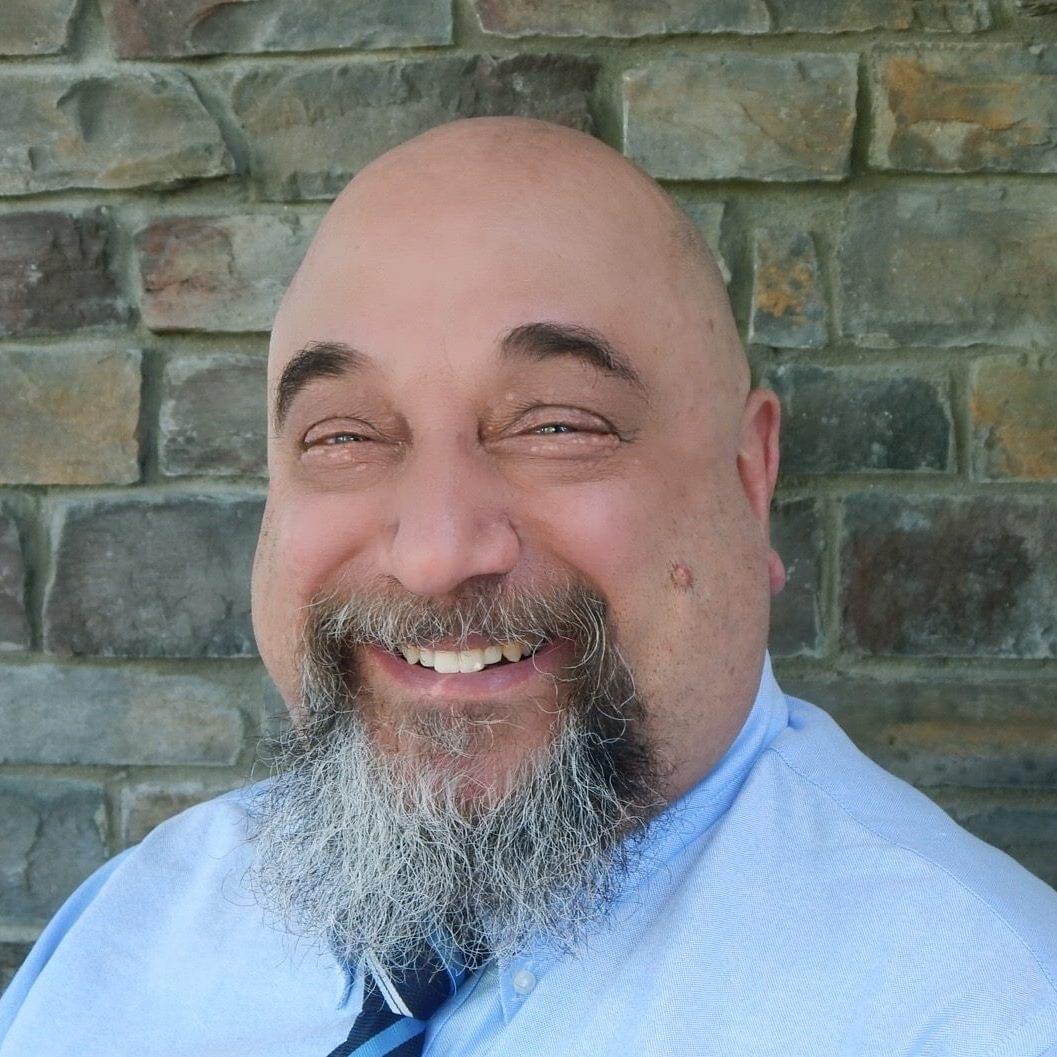
Bridging the Divide: Why End-of-Life Doulas Need to Show Up in Funeral Spaces
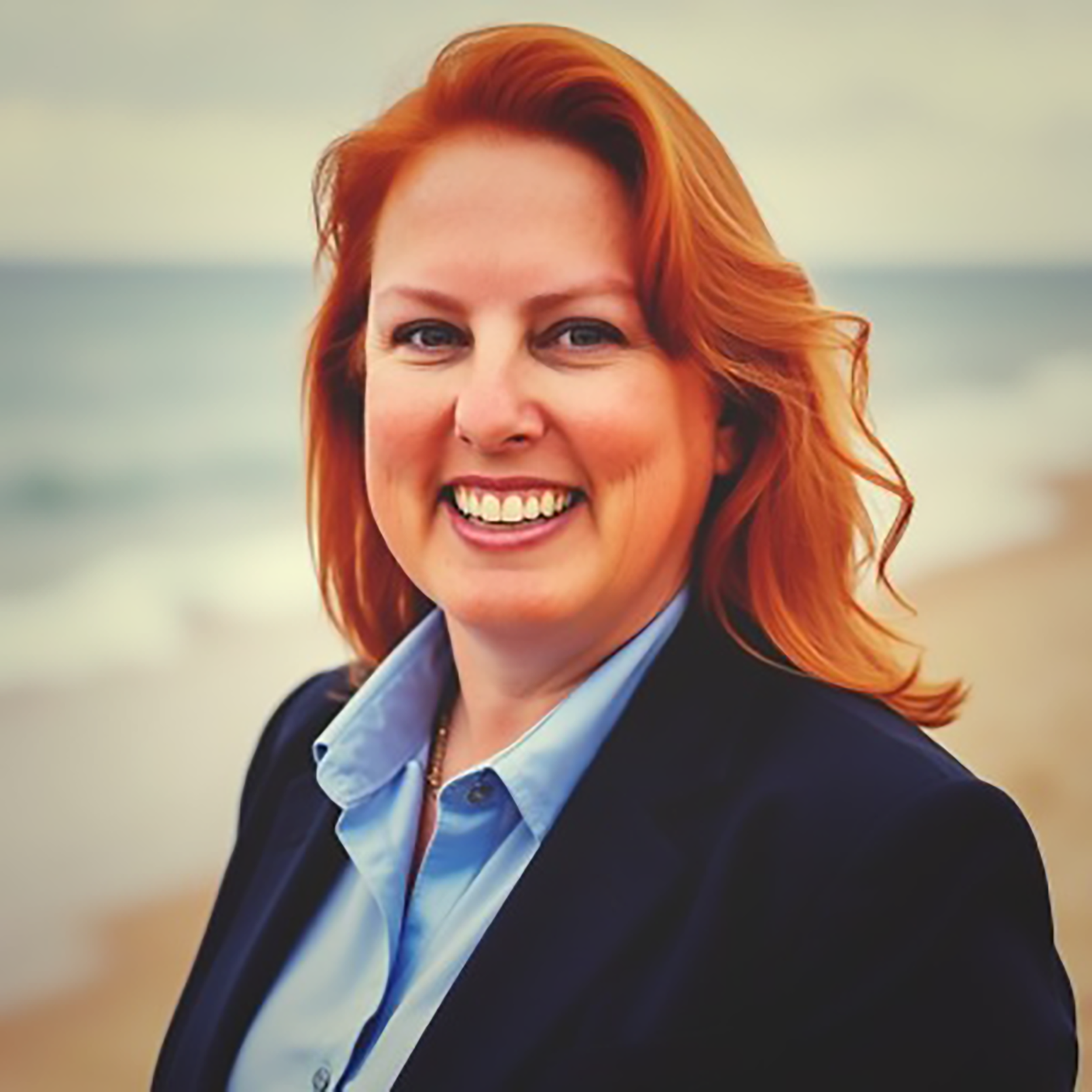
As I walked the expo floor at the National Funeral Directors Association (NFDA) convention, I was struck by the hum of conversation and innovation that filled the room. Booths line the aisles with new products, emerging technologies, and creative ways to serve families better. It’s one of the few places where thousands of funeral professionals gather to learn, connect, and grow.
And yet, something is missing.
For all the growth in the end-of-life movement, the rise of death doulas, home vigils, death cafés, and community care, I don’t see many doulas represented here.
That absence says a lot.
Photo by Youssef Naddam on Unsplach
The Divide No One Is Really Bridging
There’s an ongoing tension between end-of-life doulas and funeral directors that seems to live just under the surface.
-
Doulas often express that funeral directors aren’t welcoming, that the profession feels closed off or territorial.
-
Funeral directors, in turn, sometimes see doulas as overstepping or “taking their jobs.”
It’s a story I’ve heard again and again. But what I rarely see is anyone truly trying to bridge the gap.
The irony is that both groups share a mission: to care for people through one of the most profound experiences of human life. Funeral directors bring structure, legal compliance, and ritual support. Doulas bring presence, emotional continuity, and education before and after death. Both fill different, essential parts of the same continuum.
When we stop talking about each other and start talking to each other, we realize how much overlap there really is.
A Missing Presence
If doulas want to be understood, respected, and welcomed as collaborators in deathcare, then the spaces where funeral directors gather are exactly where they should be.
Imagine walking this convention floor and seeing a booth that reads:
“What is an End-of-Life Doula?”
Imagine a place where funeral directors could ask:
-
How do you work with families before death?
-
What happens when you stay with the body?
-
How can we partner to create continuity of care?
Education changes everything. When we learn what the other does, we replace assumptions with understanding.
NFDA conventions, state association meetings, and continuing education events are powerful platforms to connect. Many funeral directors I know want to understand the doula role. They just don’t know where to start.
But they will never learn if doulas stay in entirely separate circles.
The Power of Showing Up
Showing up matters. It says:
“I respect your work enough to meet you in your space.”
“I believe we share a purpose, and I want to collaborate, not compete.”
When doulas step into funeral spaces, they help rewrite the narrative. They show that this isn’t a tug-of-war, it’s a partnership waiting to happen.
Funeral directors are trained to handle logistics and legalities. Doulas are trained to hold space and navigate emotional terrain. Together, we can create continuity of care that begins before death and extends long after.
Families deserve that.
And both professions benefit from it.
Building Mutual Respect
That means funeral directors should also be open to learning. Attend a doula training or community workshop. Read about the philosophy behind doula work. Ask questions from a place of curiosity rather than protectionism.
And doulas, step into our world for a moment.
Learn what it takes to navigate permits, vital records, legal custody, and compliance. Understand the immense emotional labor that comes with being a licensed caregiver of the dead.
When you’ve seen both sides, you realize how much mutual respect there should be.
The Invitation
The doula movement is growing fast. The funeral profession is changing, too. We are both trying to meet families where they are, honor their values, and create experiences that heal rather than harm.
But transformation only happens when we meet each other halfway.
So, doulas, consider this your invitation:
Get a booth. Attend a conference. Walk the floor. Hand out your cards. Build relationships. Let the profession meet you.
The families we serve deserve an integrated continuum of care, from bedside to graveside, from last breath to final resting place.
Let’s stop standing on opposite sides of the bridge. Let’s start walking across it.
Marc D Malamud
Transitioning Doula

Wind Phones – The Line Isn’t Quite Dead
When Rituals Disappear: Finding Grief in Unexpected Places
What Is a Wind Phone?
Why It Matters
Marc D Malamud
Transitioning Doula

Dancing Through the Tunnel: A Playful Take on Death’s Grand Adventure
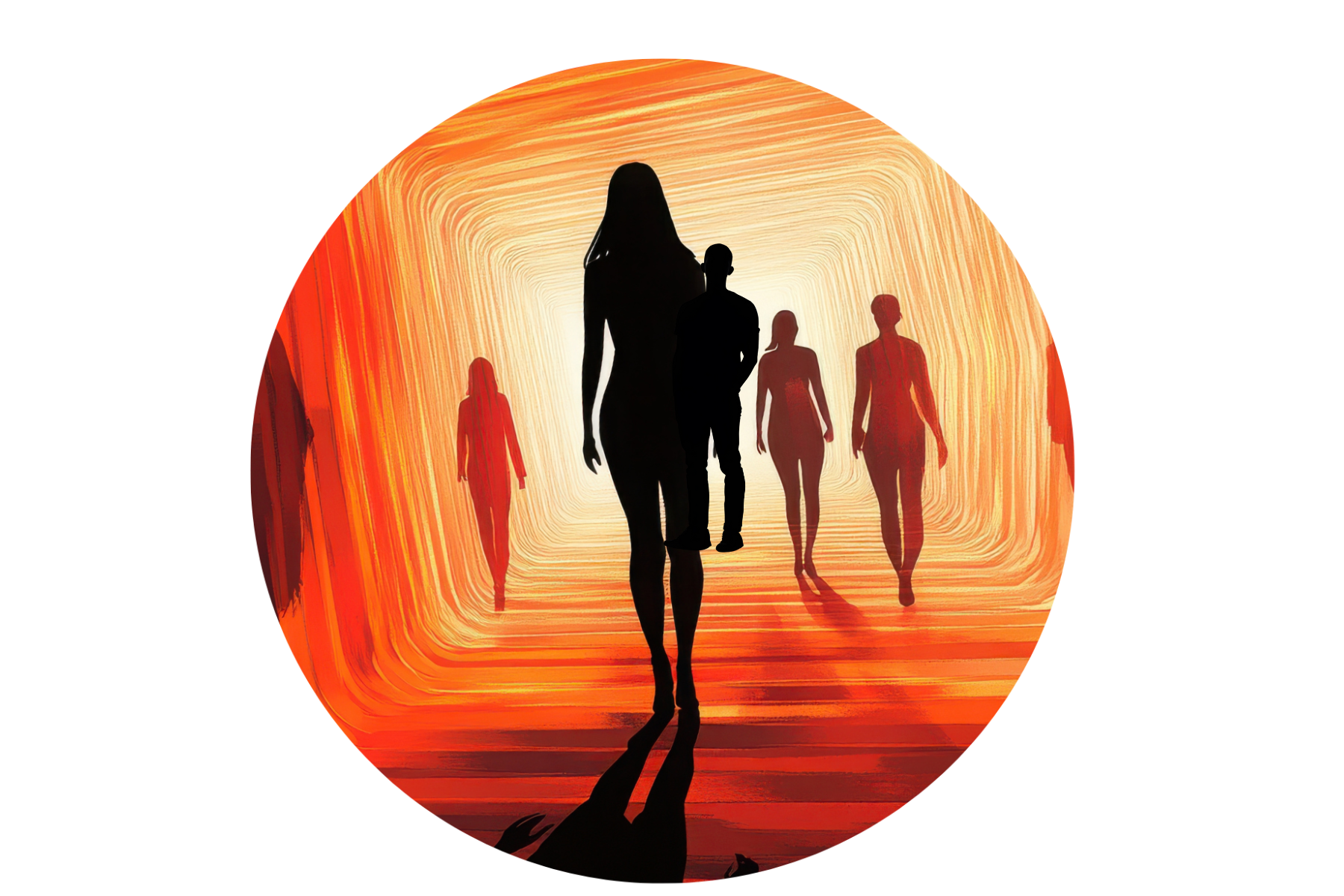
So, here’s the thing — death. Yep, that big ol’ taboo that everyone tiptoes around like it’s a sleeping dragon. But guess what? It’s not a monster. It’s not even the end. It’s more like the next chapter in a cosmic choose-your-own-adventure book.
Most folks freak out about death not because of the body going kaput, but because of the unknown. That mysterious “what’s next?” beyond the curtain of time. But when you start tuning into your inner world — that quiet, wise part of you — death stops being a scary full stop and starts looking like a juicy transition. A bridge. A cosmic portal from the land of stuff to the realm of soul.
Now, death isn’t just about the body clocking out. There’s a whole energetic jazz happening behind the scenes. It’s like your psyche sends out a signal — “Hey, time to wrap up this Earth gig!” And that signal? It’s not empty. It’s packed with meaning, like a suitcase full of life’s greatest hits and missed cues.
As someone nears the end, their attention starts to drift inward — into what I like to call the Tunnel of Death. Sounds dramatic, right? But it’s not a horror show. It’s more like a magical slide between worlds. This tunnel is part of our psycho-spiritual blueprint. It’s the same vibe as birth — an entrance and an exit, both sacred, both wild.
Inside the tunnel, things get real. You float above your body, like a drone with feelings, and suddenly you’re watching your life like a movie. The good, the messy, the unresolved — all playing out in glorious HD. But here’s the twist: it’s not about judgment. It’s about clarity. Healing. Like finally understanding the plot twist you missed the first time.
As you glide deeper, the emotional baggage starts to unpack itself. Old hurts, sticky attachments, unresolved drama — they bubble up, get a cosmic rinse, and begin to dissolve. It’s like a soul spa. And sometimes, you bump into familiar faces — loved ones, guides, maybe even your childhood dog (hey, who knows?). These encounters aren’t just memories; they’re love in its purest form, showing up to say, “You did good.”
And then — the light. Oh, the light. Not a flashlight or a train (don’t worry), but the radiant essence of your true self. It’s the part of you that’s been cheering you on from behind the scenes, lifetime after lifetime. Some see it as a glowing being, others feel it as a deep knowing. Either way, it’s the final wink before merging with something vast and beautiful.
Now, while most souls exit through the crown (classic move), there’s a VIP route through the solar plexus — the cosmic belly button of spiritual power. If you’ve done the inner work, danced with your immortal self during life, this path offers a shortcut. No tunnel detours, just a direct flight to the divine.
And here’s the kicker: we’re living with death every single moment. It’s not lurking in the shadows — it’s woven into life itself. Like the bassline in your favorite song, always there, keeping the rhythm. When we stop fearing it and start vibing with it, life gets clearer, richer, more aligned with our eternal groove.
So let’s not whisper about death like it’s a secret. Let’s talk about it, dance with it, and maybe even laugh with it. Because in the grand cosmic play, death isn’t the villain — it’s just the scene change.
Start a Conversation
Marc D Malamud
Transitioning Doula

Ohio Hybrid Death Cafe
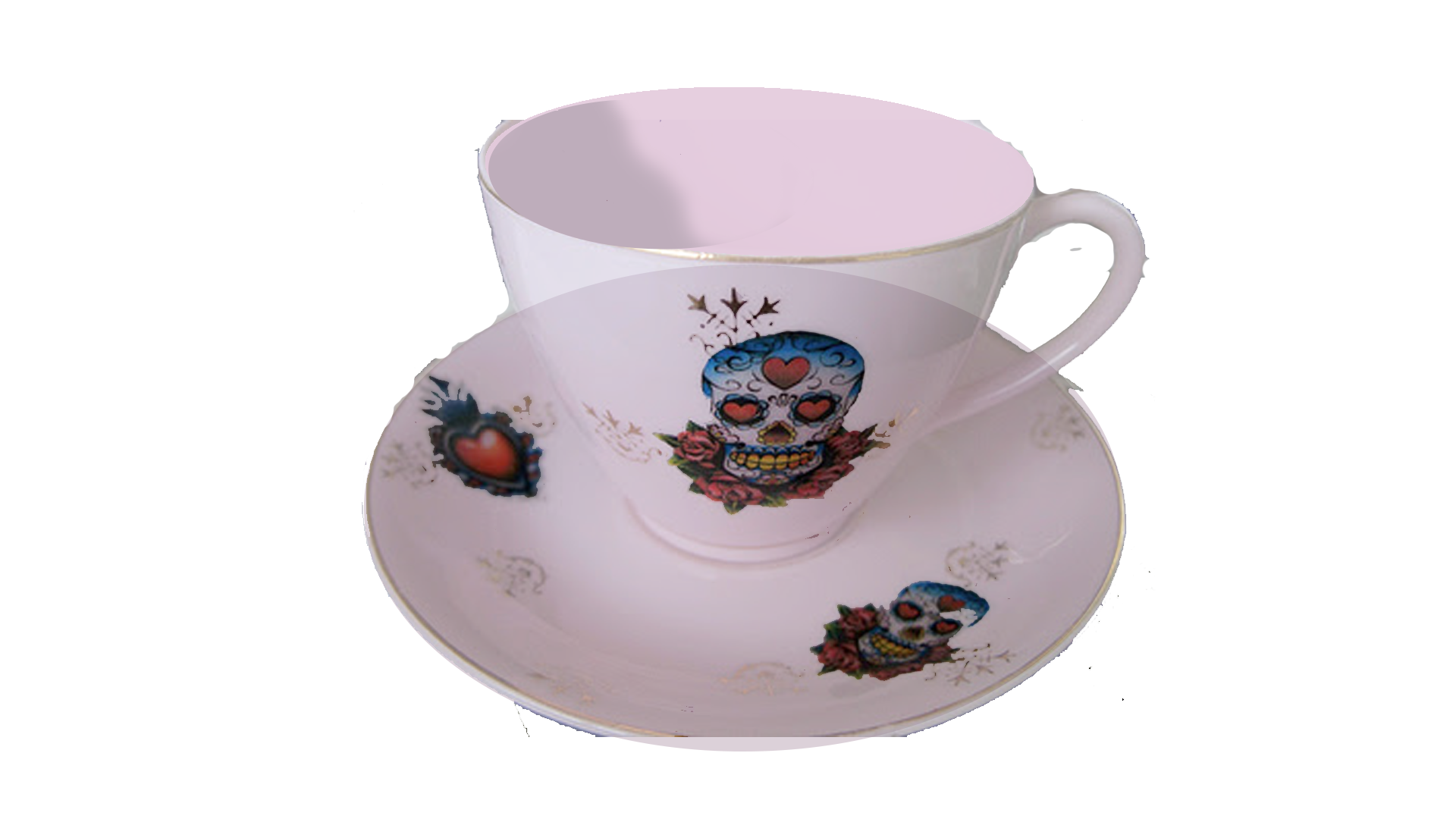
I am partnering with Cindy Christani of The Public Library of Youngstown and Mahoning County to hold a In Person and Virtual Death Cafe. The first one to be Saturday, November 8, 2025 @ 11:00 AM – 12:30 PM Eastern.
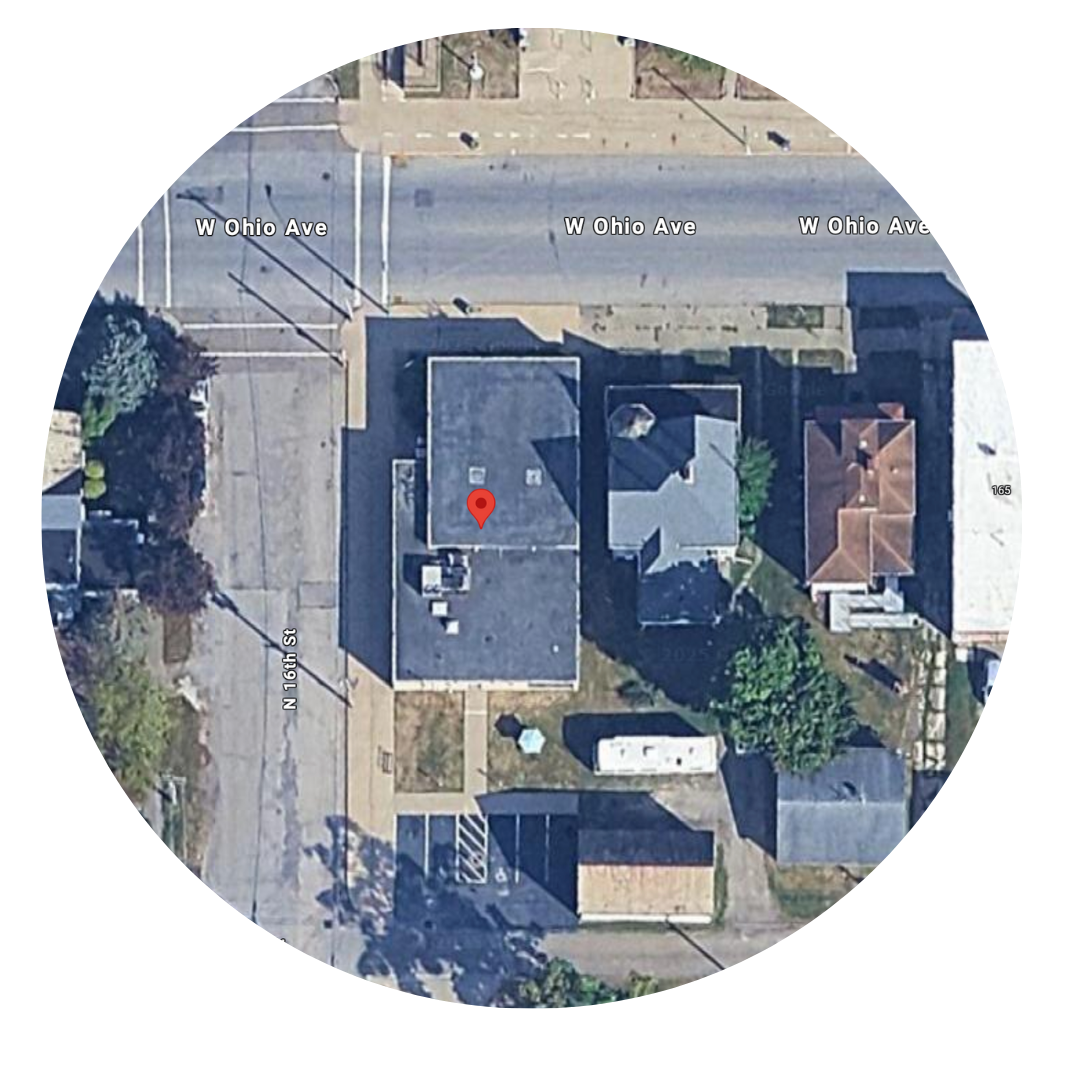

Marc D Malamud
Transitioning Doula

Subcategories
Obituaries & Memorials
This space is devoted to tender remembrance—a place to share stories, blessings, and the everyday moments that made each life uniquely precious. Through these tributes, we honor each beloved soul’s transition, hold their spirit close, and gently accompany the hearts who continue on without them.
